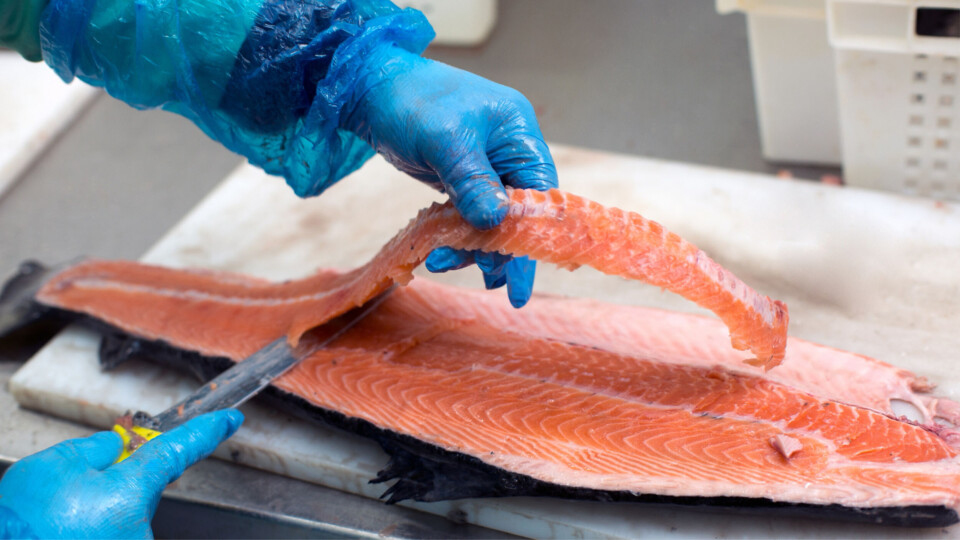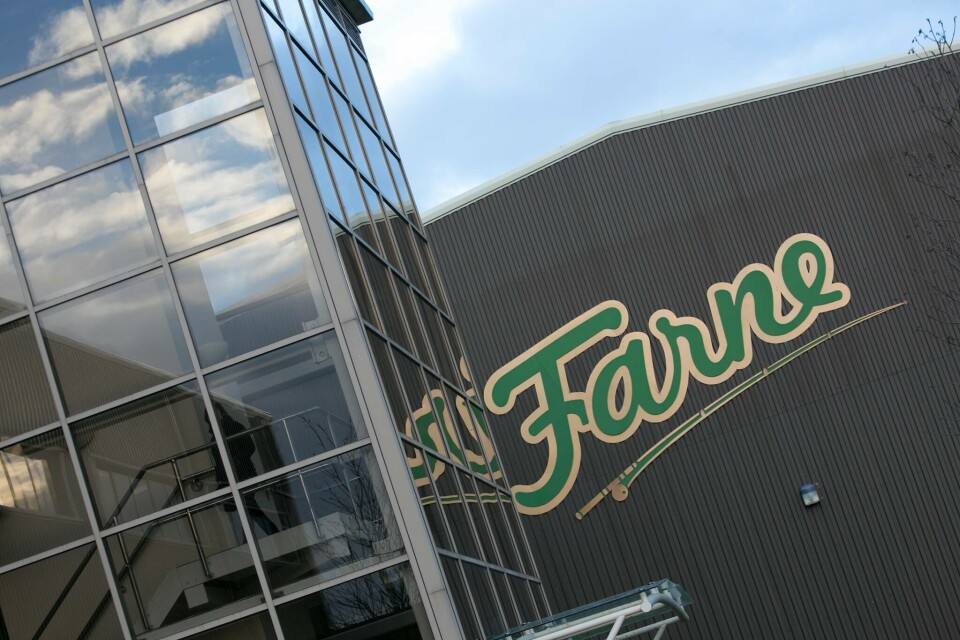
Salmon processor helping scientists make nylon from fish waste
A team of Scottish researchers and Duns fish processor Farne Salmon are exploring a new bio-based process that could see fish processing waste used to create one of the key components in the production of nylon.
In what is believed to be a world first, the researchers are taking waste material generated as part of fish processing and using biological enzymes to extract the fatty components of the fish waste.
Through advanced molecular biology, genetically modified bacteria can then turn the fatty components into a mixture of adipic acid – a precursor to nylon - and useful by-products.

Greener alternative
Plastic experts from Impact Solutions, biotechnology researchers from the University of Edinburgh led by Dr Stephen Wallace, the Industrial Biotechnology Innovation Centre (IBioIC) and Farne are all involved in assessing the feasibility of the idea.
The study marks the beginning of an important step towards finding a sustainable, bio-based alternative for the production of adipic acid, which is typically derived from petrochemicals. The steps involved in that process are known to have a significant impact on the environment. Waste nitrous oxide is one of many by-products of the process, with some reports stating that it could be more harmful to the climate than CO₂.
Building insulation
In addition to nylon, adipic acid is used in a range of products including polyurethane-based items such as building insulation and furniture cushioning, as well as cosmetics, lubricants, pharmaceuticals and food additives and flavourings.
As much as 492,000 tonnes of waste is created annually by the UK’s fish processing industry – comprising fish remains, oils, and wastewater collected during the clean down of processing plants. Currently, the waste must go through either expensive and energy-intensive treatment and separation or be used in low value products such as animal feed or fertiliser, but this new process could uncover alternative uses.
Waste used in the feasibility study is being provided by Farne Salmon, furthering its commitment to eliminating waste for landfill, and supporting its aims to optimise the use of co-products.

Focused on waste streams
Angus Forbes, environment and projects manager at Labeyrie Fine Foods, which owns Farne, said: “Our mission is to be a more sustainable business managing all aspects and impacts of our daily activities and in particular utilising in full the scarce resources we impact upon on a daily basis.
“Our waste streams have been a major focus in recent years and wherever possible we have found routes to divert them to businesses who have the foresight and technology to utilise them as a raw material for further processing. We are therefore delighted to be involved in this project and look forward to providing further support in the future.”
Fatty acids
Simon Rathbone, development manager at Impact Solutions, said: “As well as adipic acid, we want to maximise the overall value of the process by looking at other components that can be extracted from the fish waste, such as fatty acids and fish oils. Collaboration has played a huge part in getting to where we are so far, showcasing what can be achieved when industry and academic partners get together and combine expertise.”
Liz Fletcher, director of business engagement at IBioIC, said: “Supporting valuable collaborative research, such as this, underlines IBioIC’s commitment to the development and growth of a more circular economy, with a variety of innovation projects and partnerships with organisations such as Zero Waste Scotland, beginning to unlock new opportunities.
“Aquaculture and seafood processing are prime examples of sectors exploring new ways of enhancing their environmental impacts.”






















































